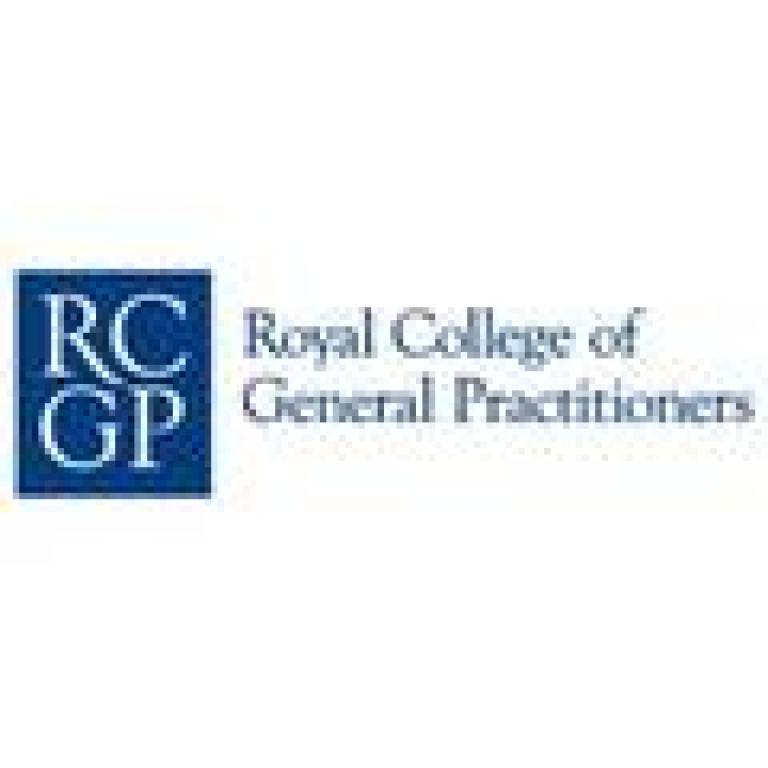UCL takes top two places in national GP research competition
29 June 2009
Link:
 ucl.ac.uk/openlearning/" target="_self">UCL Research Department of Primary Care & Population Health
ucl.ac.uk/openlearning/" target="_self">UCL Research Department of Primary Care & Population HealthDr Gary Parkes, a GP who gained his PhD from UCL in March this year, has pipped his PhD supervisor Professor Trish Greenhalgh (UCL Primary Care & Population Sciences) into second place in the Royal College of General Practitioners' (RCGP) Research Paper of the Year Award 2009.
Dr Gary Parkes, who is now a general practitioner in Hertfordshire, won the national for his paper describing a randomised controlled trial of lung age estimation among people aiming to give up smoking.
Smoking is known to cause lung damage, and lung function decreases with age, so a smoker's lungs are, on average, 'older' than their chronological age. Gary showed that smokers who were given an estimate of their lung function in terms of lung age were twice as likely to quit as those who were given their lung function as raw figures, and differences were sustained at one-year follow-up.
Estimating someone's lung age is a simple, low-cost procedure, and Dr Parkes has already been invited to advise national policymaking groups. Dr Parkes' supervisor, Professor Trisha Greenhalgh, and statistician Mark Griffin, joined him on the winner's podium from UCL.
Dr Parkes said: "It is a great privilege to win this award and a tribute to the hard work of the team involved in the Step2quit research study. I hope that many more smokers can benefit from knowledge about their lung health and that these results can be used to update the evidence for smoking cessation guidance and used to expand the intervention into a nationwide programme. Also, I want to thank The Health Foundation who funded the two year research project."
Professor Greg Rubin, RCGP Chair of the Research Paper of the Year Award, who led the team of judges, added: "Helping people to stop smoking is a high priority for GPs and the NHS. This study gives us a measure, lung age, that is really useful to GPs because it can easily be done in our surgeries and will double the number of quitters."
Professor Greenhalgh took second prize in the same competition with her qualitative paper which explored the complex choices that patients face when deciding whether to allow their personal medical details to be uploaded onto an internet-accessible database.
The trade-off between making data accessible and protecting privacy plays out differently for different people in different circumstances, and Professor Greenhalgh's team argued for a more nuanced view of what is 'best' for the patient. The study, which focused particularly on patients with potentially stigmatising conditions, is part of a wider evaluation of networked electronic patient records in the NHS. UCL staff Katja Stramer and Tanja Bratan shared the runner-up prize.
Images: Dr Gary Parkes and Professor Trisha Greenhalgh at the Royal College of General Practitioners' award ceremony
 Close
Close

